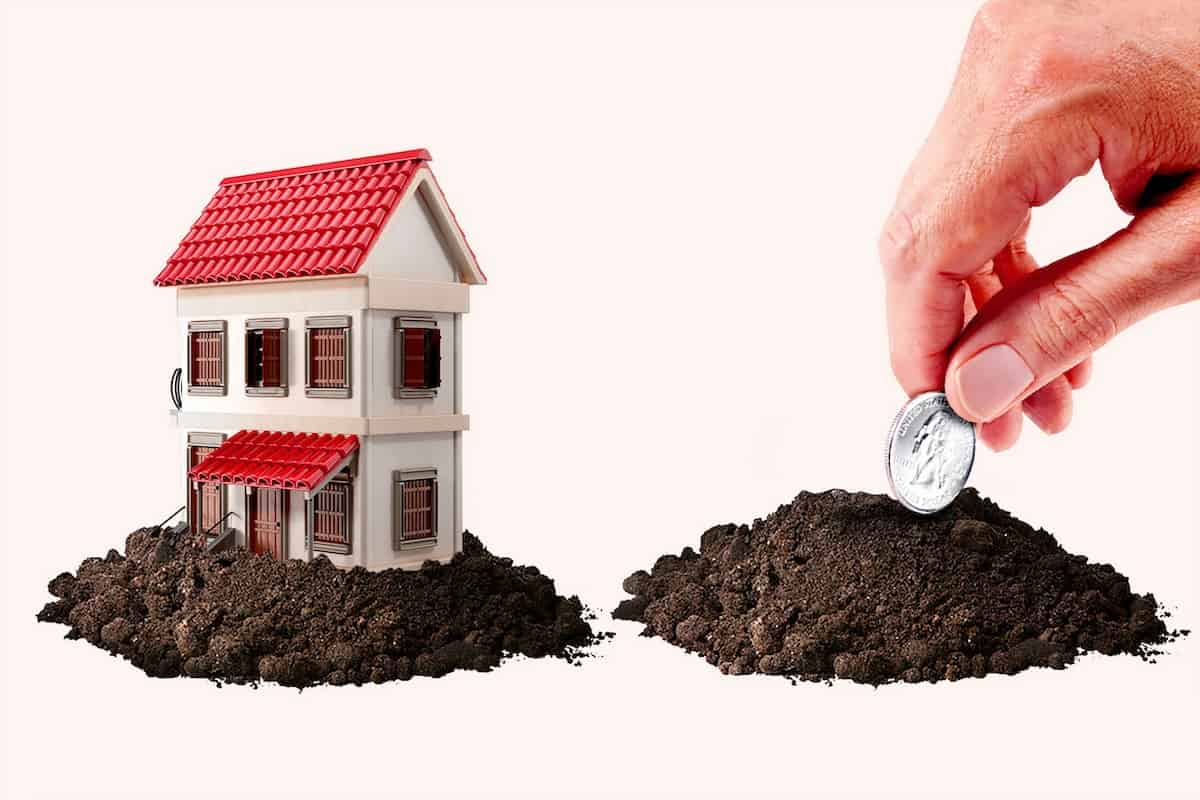Rental properties are an investment which are held by all types of entities and particularly common among individuals and trusts. The ATO has released a top ten list of tips for property investors.
1. Keep the right records
Keep evidence for all income and expenses. Additionally, keep all details relating to the purchase of a property and for five years after the sale.
2. Ensure the property is genuinely available for rent
You must show clear intentions to rent a property by advertising and setting the rental price similar to other comparable properties. Avoid any unreasonable rental conditions.
3. Get initial repairs and improvements right
Initial repairs are not deductible but are included in the cost base of a property when you sell. Capital improvements are deductible at 2.5% over 40 years.
4. Claiming borrowing expenses
Borrowing expenses under $100 can be claimed in the current year, otherwise the deduction is spread over five years.
5. Claiming purchase costs
No purchase costs such as stamp duty, conveyancer fees or building inspections can be claimed as a tax deduction, rather they are included in the cost base of the property when calculating capital gains tax.
6. Claiming interest on your loan
Interest on a loan is tax deductible to the extent that it was used to purchase or maintain the rental property. Any portion of the loan used for personal items, such as car purchase, must be excluded from the interest deduction calculation.
7. Getting construction costs right
The cost to construct a building, alterations or structural improvements may be deducted at 2.5% over 40 years. If you are unsure of the construction costs, have a suitably qualified professional to assess the property and provide a depreciation report. The cost of land is not included in depreciation.
8. Claiming the right portion of your expenses
If you rent your property to family or friends at a below market rate, you can only claim expenses up to the amount of rental income you have received.
9. Co-owning a property
If you own a rental property with another person or entity, calculate a percentage of all rental income and expenses according to your legal share in the property.
10. Getting your capital gains right when selling
When the property is sold the difference between the cost base and the sale proceeds is a capital gains or loss. A capital gain may be discounted if the property is held for more than 12 months and is held by an entity other than a company. A capital loss can be carried forward and offset against future capital gains.
If you would like any assistance with your tax obligations, or to discuss any benefits of owning a rental property please Contact us.








